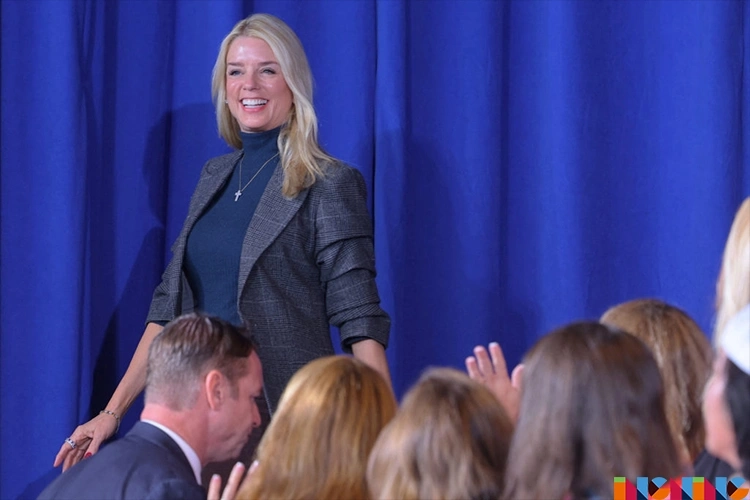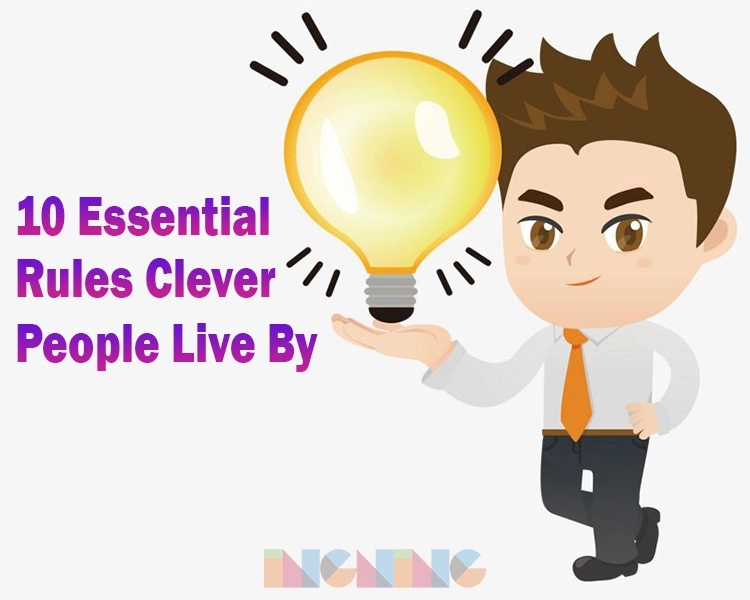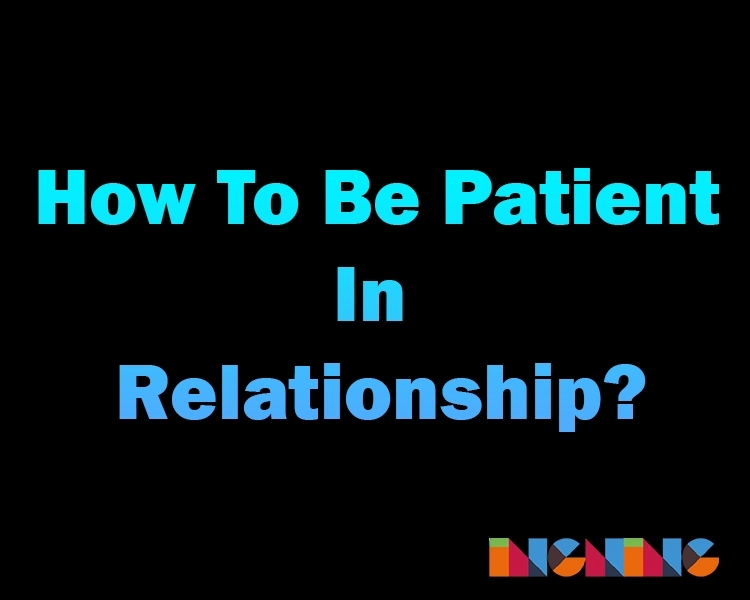Ethics Controversies Involving Pam Bondi: Revisiting Past Ethical Questions
Pam Bondi, the former Attorney General of Florida, has been a prominent figure in American politics, admired by some for her achievements and criticized by others for ethical controversies during her tenure. One recurring theme of these criticisms is her involvement in high-profile cases where questions of ethics and integrity were raised. In particular, the donation controversy involving the Trump Foundation is one of the most discussed events in her political career. This article revisits the Ethics Controversies Involving Pam Bondi, providing an in-depth analysis of the allegations, their implications, and the broader discussion around ethics in public office.
The Role of an Attorney General and the Importance of Ethics
The Attorney General serves as the chief legal officer of a state, tasked with upholding the law, ensuring justice, and protecting public interests. Given the immense trust placed in this role, ethical conduct is not just expected but essential. Allegations of misconduct or ethical breaches can significantly undermine public trust and question the fairness of decisions made in office.
In the case of Pam Bondi, her time as Attorney General was marked by both significant achievements and controversies that raised concerns about potential conflicts of interest and ethical lapses.
The Donation Controversy Involving the Trump Foundation
One of the most notable Ethics Controversies Involving Pam Bondi centers on a $25,000 donation made by the Trump Foundation to a political group supporting her re-election campaign. This donation came under intense scrutiny due to its timing and context.
Timeline of Events:
- Early 2013: Complaints against Trump University, a real estate training program, were gaining national attention. Allegations of fraud and deceptive practices were filed in several states, including Florida.
- Mid-2013: Pam Bondi’s office received complaints regarding Trump University. Around the same time, Bondi was seeking re-election.
- September 2013: The Trump Foundation made a $25,000 contribution to “And Justice for All,” a political action committee (PAC) supporting Bondi's campaign.
Why the Donation Raised Ethical Concerns
The donation led to allegations of a quid pro quo arrangement. Critics argued that the timing of the donation created a perception that Bondi’s decision not to pursue legal action against Trump University in Florida might have been influenced by the contribution. While Bondi denied any wrongdoing and claimed the decision not to investigate Trump University was based on legal merit, the controversy continued to generate headlines.
Violation of IRS Rules
Adding to the controversy, the Trump Foundation’s donation violated IRS rules prohibiting charitable organizations from making political contributions. This led to a $2,500 fine imposed on the Trump Foundation, further amplifying public scrutiny.
Responses and Justifications
Pam Bondi’s Defense
Pam Bondi consistently denied any unethical behavior, emphasizing that her office had limited jurisdiction in the Trump University case and that the donation had no influence on her decisions. She pointed out that similar complaints against Trump University had been handled at the federal level and in other states, suggesting that Florida’s inaction was not unusual.
The Trump Foundation’s Position
The Trump Foundation stated that the donation was a clerical error, claiming that staff had mistakenly recorded the recipient of the donation. This explanation, however, failed to quell public skepticism, as many viewed it as an attempt to deflect attention from the ethical questions raised.
Public Perception
Despite the denials, the controversy significantly impacted Bondi’s reputation. The incident fueled debates about campaign finance ethics, transparency, and the potential for undue influence in political decision-making.
Other Ethics Controversies Involving Pam Bondi
The donation controversy is not the only instance where ethical questions have been raised about Bondi’s tenure. Several other controversies contribute to a broader narrative about her approach to ethics in public office.
1. Allegations of Conflicts of Interest
Bondi’s close relationships with lobbyists and business interests have drawn criticism over the years. Opponents argue that these connections may have created conflicts of interest in her decision-making process. For example, her ties to large corporations have led some to question whether her office consistently prioritized public interests over private ones.
2. Involvement in National Advocacy Groups
During her time as Attorney General, Bondi was an active member of the Republican Attorneys General Association (RAGA). While such memberships are common, critics argued that Bondi’s participation in RAGA fundraising events blurred the lines between her official duties and political activities. This raised questions about the influence of partisan politics on her legal decisions.
3. Hurricane Michael Relief Funds
Bondi faced criticism for her role in managing Hurricane Michael relief funds, with allegations that her office’s distribution process lacked transparency. Although no formal charges of misconduct were filed, the controversy added to concerns about her accountability as a public official.
Broader Implications of Ethical Controversies
1. Erosion of Public Trust
Ethical controversies like those surrounding Pam Bondi highlight the delicate balance between public service and personal or political interests. When allegations arise, even if unproven, they can erode trust in public institutions and officials.
2. The Need for Campaign Finance Reform
The donation controversy underscores the importance of transparency in campaign financing. Advocates argue that stricter rules and better enforcement mechanisms are needed to prevent potential conflicts of interest and undue influence in political campaigns.
3. Accountability in Public Office
The Ethics Controversies Involving Pam Bondi serve as a reminder of the need for robust accountability systems in public office. This includes clear ethical guidelines, regular audits, and mechanisms for addressing allegations promptly and impartially.
Lessons for Future Leaders
Pam Bondi’s controversies offer valuable lessons for current and aspiring public officials. Ethical decision-making, transparency, and accountability are not just ideals but essential components of effective governance. Public servants must remain vigilant in avoiding even the appearance of impropriety, as public perception can significantly impact their ability to lead effectively.
The Ethics Controversies Involving Pam Bondi continue to serve as a case study in the complexities of ethical governance. While Bondi has defended her actions and denied any wrongdoing, the controversies surrounding her tenure highlight the challenges public officials face in maintaining trust and transparency. The donation controversy involving the Trump Foundation, in particular, raises important questions about campaign finance, conflicts of interest, and the ethical responsibilities of those in public office.
As debates about ethics in politics persist, these controversies underscore the importance of accountability and integrity in public service. For leaders and citizens alike, revisiting such cases provides an opportunity to reflect on the standards we expect from those entrusted with power—and the measures we must take to ensure those standards are upheld.









 Ingning
Ingning







